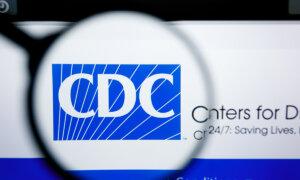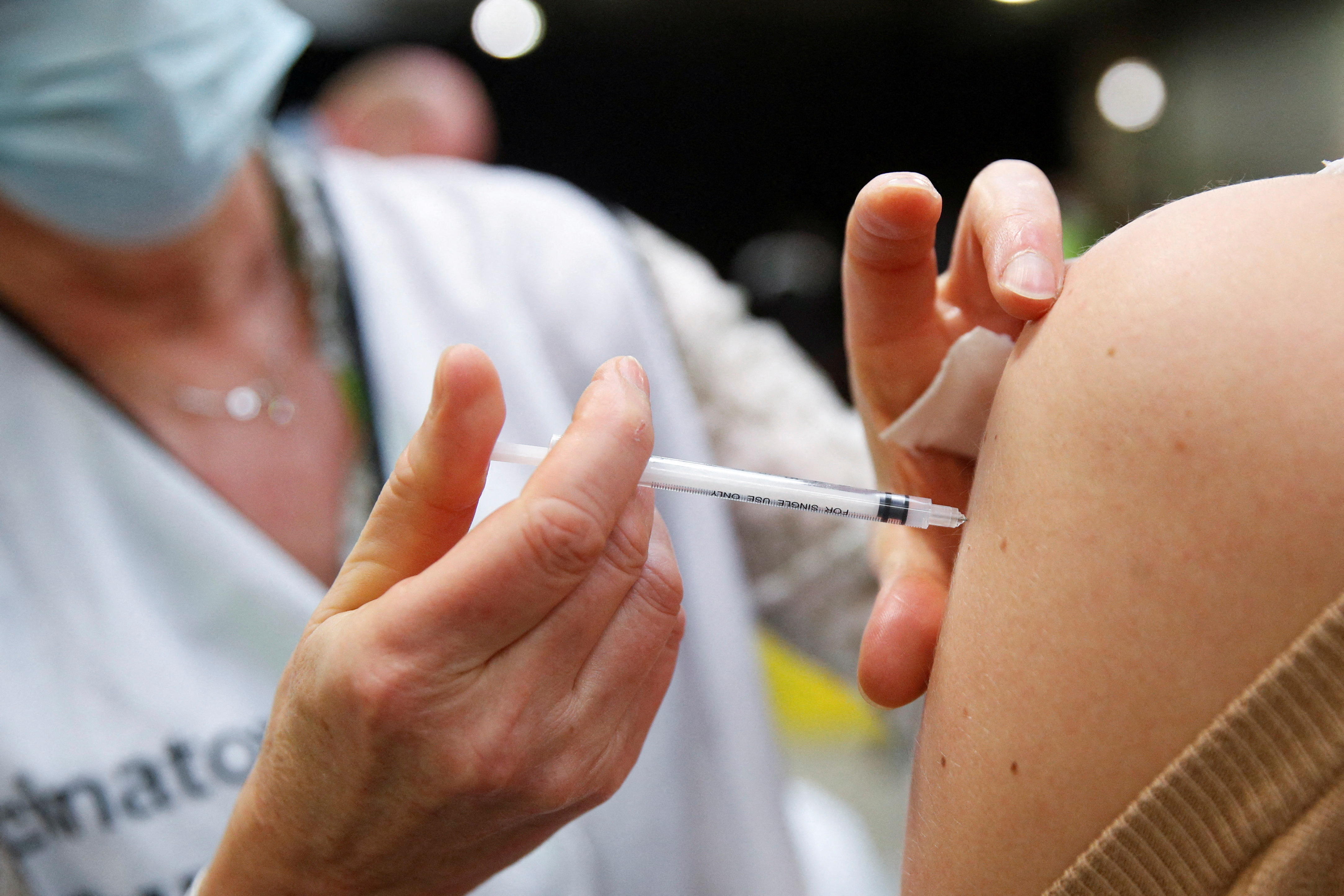Nearly 40 Million Americans Have Received a New COVID Vaccine: CDC
Most of the recipients are adults, survey data indicate.
Nearly 40 million Americans, most of them adults, have received one of the new COVID-19 vaccines, according to survey information from the U.S. government.
The U.S. Centers for Disease Control and Prevention (CDC) reported this week that about 14 percent of American adults and 5 percent of American children have received one of the shots, which were introduced with scant data in the fall.
That amounts to approximately 36 million adults and 3.5 million children. That’s up from about 15 million in late October.
The data are current as of Nov. 9.
The numbers come from the CDC’s National Immunization Surveys, which are conducted by the agency over the phone to track vaccination coverage.
The surveys included about 95,000 adults and 17,800 children.
For most of the COVID-19 pandemic, the CDC drew numbers from state and local sources such as health agencies and vaccination providers. The end of the COVID-19 public health emergency earlier this year limited the data from those sources.
“As a result, survey data are now the primary source for tracking receipt of vaccination for COVID-19, as well as for influenza and RSV,” the CDC says on its website.
The COVID-19 vaccines available from the fall of 2022, until being replaced by the newer shots, were ultimately administered to about 56.5 million people, or about 17 percent of the U.S. population. The new vaccines have about the same uptake as the older shots over the first approximately two months of administration.
Influenza Tracking Higher
More adults and children have received an influenza vaccine, according to the surveys.
Almost 1 in 3 children and 35 percent of adults have taken an influenza vaccine recently, per the new data.
While 30 percent of seniors, or adults 65 or older, have received one of the new COVID-19 vaccines, 57 percent have gone to get an influenza shot recently, according to the surveys.
Thirteen percent of older adults also reported receiving a vaccine against the respiratory syncytial virus (RSV). U.S. regulators cleared the first RSV vaccine earlier this year. The CDC says older adults may receive the vaccine after discussing the benefits and risks with their health care providers.
The CDC recommends influenza and COVID-19 vaccination for virtually all Americans aged 6 months and older. Exceptions include people with conditions that could put them at risk of side effects.
Many Americans say they will not get a COVID-19 vaccine, probably will not, or are unsure, according to the CDC’s surveys.
Asked about their intent, 38.5 percent of respondents said they probably or definitely will not get one of the shots. Another 29.4 percent said they probably will get a vaccine or are unsure. Fourteen percent reported receiving a vaccine and 18 percent said they definitely will get one of the vaccines.
Most parents also said they would not take their children to receive one of the new shots.
Earlier CDC surveys found about 40 percent of respondents said they probably or definitely would not receive one of the shots while about 42 percent said they definitely or probably would. Reasons cited for planning not to take one of the shots included concerns about safety, as the shots have side effects including heart inflammation.
“This new COVID vaccine is updated to match the changes in the virus and restore protection that does decrease over time,” Dr. Mandy Cohen, the CDC’s director, said in a recent video. “It’s similar to the flu shot you get every year.”
Little Data
When clearing and recommending the new COVID-19 shots, the U.S. Food and Drug Administration and CDC relied primarily on data from animal tests.
Those tests, and data from 50 people who received Moderna’s new shot, indicated the vaccines triggered higher levels of neutralizing antibodies than the older vaccines.
Antibodies are believed to protect against COVID-19.
The new shots target the XBB.1.5 subvariant of Omicron. That subvariant has already been almost entirely displaced in the United States by newer strains.
The lack of data supporting the widespread recommendations has drawn criticism, including from Florida Surgeon General Dr. Joseph Ladapo.
“The federal government is failing Americans by refusing to be honest about the risks and not providing sufficient clinical evidence when it comes to these COVID-19 mRNA shots, especially with how widespread immunity is now,” he said in a recent statement.
Florida advises against people under the age of 65 receiving one of the new vaccines, while saying seniors should discuss with their doctors whether they should receive one.






